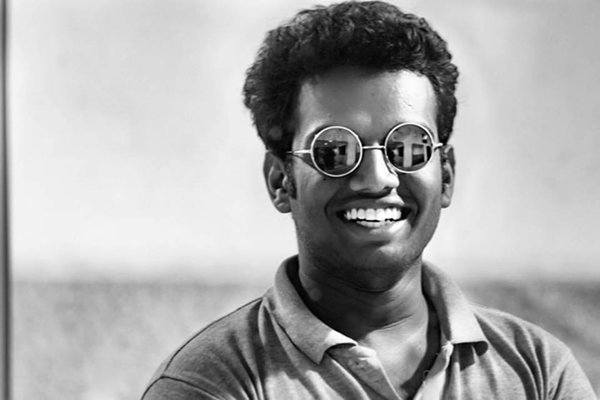Anil Kumar Reddy, Co-Founder of Donatekart endorses the No Sir No Madam ideology in his daily life. Donatekart replaces the traditional monetary donations with product donations. Thus, this helps to build trust and transparency for donors.
He has received his engineering degree from Visvesvaraya National Institute of India (VNIT), Nagpur. Anil realized the need to build a transparent platform for donors during his college days. Therefore, he teamed-up with Sandeep Sharma, a friend to devise Donatekart to make donating an easier task.
Anil has firmly inculcated No Sir No Madam in his organization. He believes that everyone should be treated uniformly; hence, salutation custom does not make sense at the workplace. “I usually notify my employees to refer me by my first-name. However, initially on joining, some employees find it difficult to adopt No Sir No Madam notion. They gradually embrace it when they see their colleagues practicing the same doctrine.”
Furthermore, he confesses — Removing any formal decree has helped in building a better bond with my employees. As a result, some of our graduate interns are still in my contact and offer to help, if needed. When you respect your subordinates and employees, you imbibe a sense of belonging to the organization in them. Therefore, No Sir No Madam doctrine should be followed in every organization to enhance the workplace environment.
‘Sir/Madam’, over the years has lost its essence. Initially, it was used to display respect. However, today, it is exercised to boost egos of bosses and please them. Anil discloses, “for my work, I have to deal with many Non-government Organizations (NGOs). I help them in raising money, so they always try to exalt by referring me as ‘Sir’. Even those who are 60 years old, address me as ‘Sir’. It makes me uncomfortable every time someone addresses me with a salutation. I am only 22 years old and do not expect to be greeted with an obeisance.”
People need to impart first-name convention in every sector as well. Anil discusses how a person from abroad has to enforce salutation compulsion onto himself while dealing with Indian executives. Foreign managers may find it absurd to comply with such a decree. Furthermore, they need to take care that they are not offending someone while communicating. These complications create a hindrance which might affect the work for which they have visited India.
No Sir No Madam drive also focuses on liberating the less-privileged sector of the society. Indians often disregard the work done by blue-collar workers. It is unfair to the workers whom they have to adhere to ‘Sir/Madam’ restraint. Affluent people need to take up the task of spreading equality.
Anil recommends people to employ first-name ordinance while dealing with laborers. “If we give them the option to address us by our first-name, they will feel equally respected.” This will also help them to be proud of their work and not feel inferior to others.
Individuals are introduced to ‘Sir’ and ‘Madam’ terminology in school. For No Sir No Madam to have a greater impact, Anil opines the education system to be remodeled. Children need to be taught about respecting everyone without clinging to any form of salutation. Eliminating ‘Sir/Madam’ practice cannot be done overnight. Hence, when these children grow-up they will not resist a genial culture.
Anil dissolves by urging start-ups to spread awareness about No Sir No Madam doctrine. Organizations on observing the positive effects of a casual norm will be encouraged to follow it as well. As Paulo Coelho said, “The world is changed by your example, not by your opinion.”







Add comment